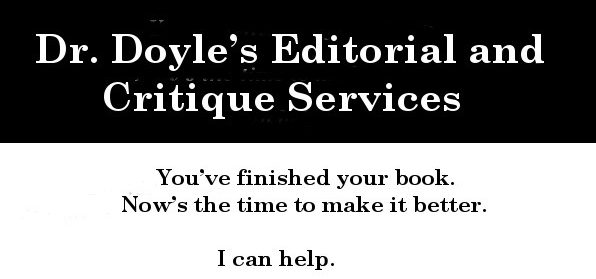Let’s talk for a minute about point of view. In fact, we could talk about point of view for considerably more than a minute, because it’s a complex and many-layered thing – not to mention being, for some writers, the key to making everything else click into place. (For other writers, the key might be something else. Nothing about this job is universal, except maybe that if you don’t write you won’t ever have written.)
I’m assuming right now that if you’re reading this you’ve already absorbed Point of View 101: Third Person, First Person, and the Weird Stuff. (I’ve blogged about those already, here and here, if you want a quick refresher.)
What I’m thinking about now is a bit more subtle – it’s one of the failure modes of point of view. Point of view is implicit in a narrative, even if it isn’t directly specified, and sometimes the narrative “sees” things which nobody is observing. This results in clumsy writing, or in writing which, while not precisely clumsy, nevertheless has an off-center sort of wrongness to it that can have a cumulative effect on the reader’s sense of immersion in the story.
An example:
As Joe looked at the kitchen door, it was angrily thrown open.
There are a couple of things wrong with that sentence, starting with having the active observer relegated to a subordinate clause, and the important action – the throwing-open of the door – occurring as an agentless passive verb. (Who is throwing open the door? The narrative doesn’t let us see them.) Those wrong things, though, are made worse by the point-of-view failure we get in that adverb “angrily.”
Anger is an emotion, a state of mind; somebody is experiencing it as he/she/they throw open the door. But we don’t see the door-opener, so we’re not in a position to draw inferences about their state of mind.
Fixing that sentence requires either showing us who is on the other side of that door – As Joe looked at the kitchen door, Jane angrily threw it open – or replacing “angrily” with a verb, or verb+adverb, that doesn’t have an implied state-of-mind attached – As Joe looked at the kitchen door, it was abruptly thrown open/jerked open. (In this case, I’d probably go with the latter fix; that is, if I didn’t decide to rewrite the whole sentence from scratch, and possibly the paragraph it was part of as well.)
In a similar vein – don’t refer to a character as holding onto something with a white-knuckled grip if that character is wearing gloves. Nobody, including the character, can see the knuckles in question.
As a general rule, when you’re writing description, it’s always good to pause every so often and query yourself: Where is the (named or just implied) viewer standing? Is everything you’ve just mentioned visible from that point? If you’re doing the verbal equivalent of a tracking or panning shot, is your observation moving smoothly from point to point, or is it jumping around at random?*
Point of view may not, as I said at the beginning, be the key to everything. Nevertheless, if you’ve got a good handle on point of view, you’ve probably got most of your other ducks lined up and quacking in formation as well.
*Yes, there may be occasions when you want a sense of jumpy and random observation. But there, too, point of view rules: your reader is going to draw inferences from that jumpiness about your observer’s probably-confused state of mind.

